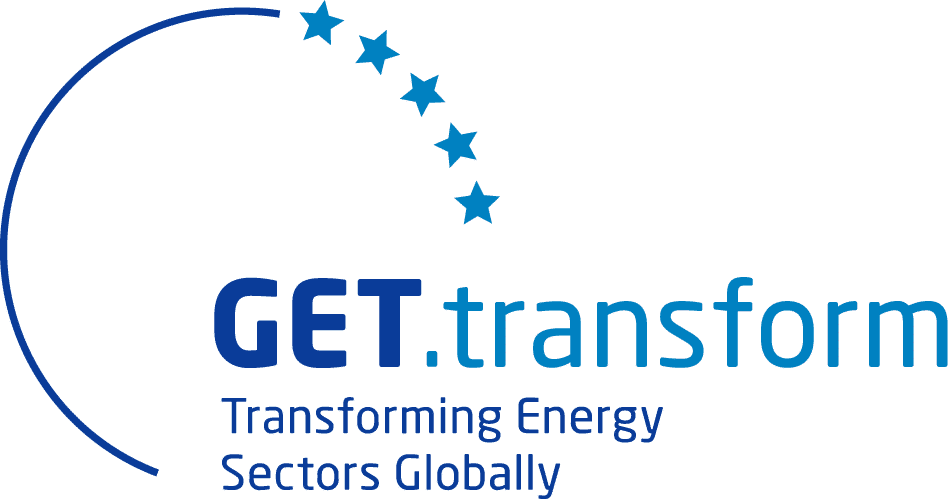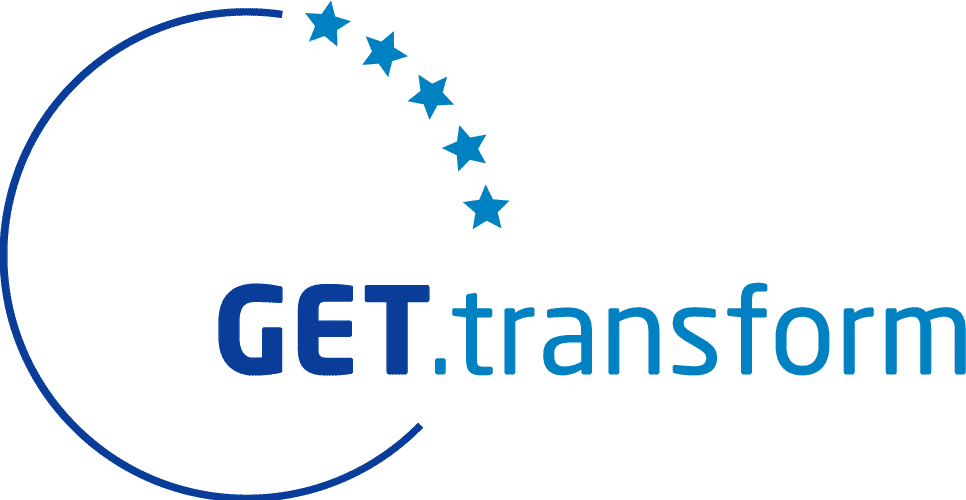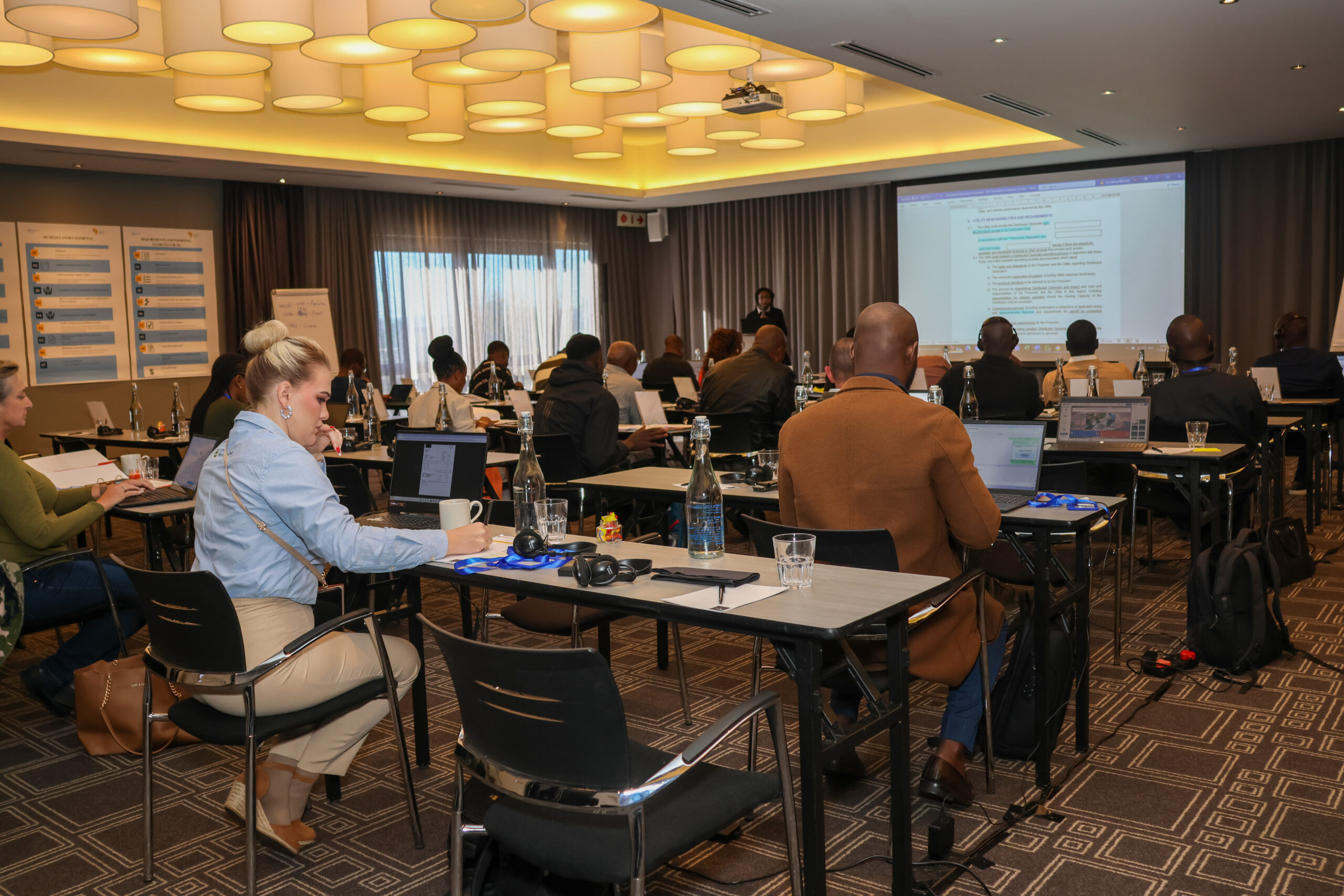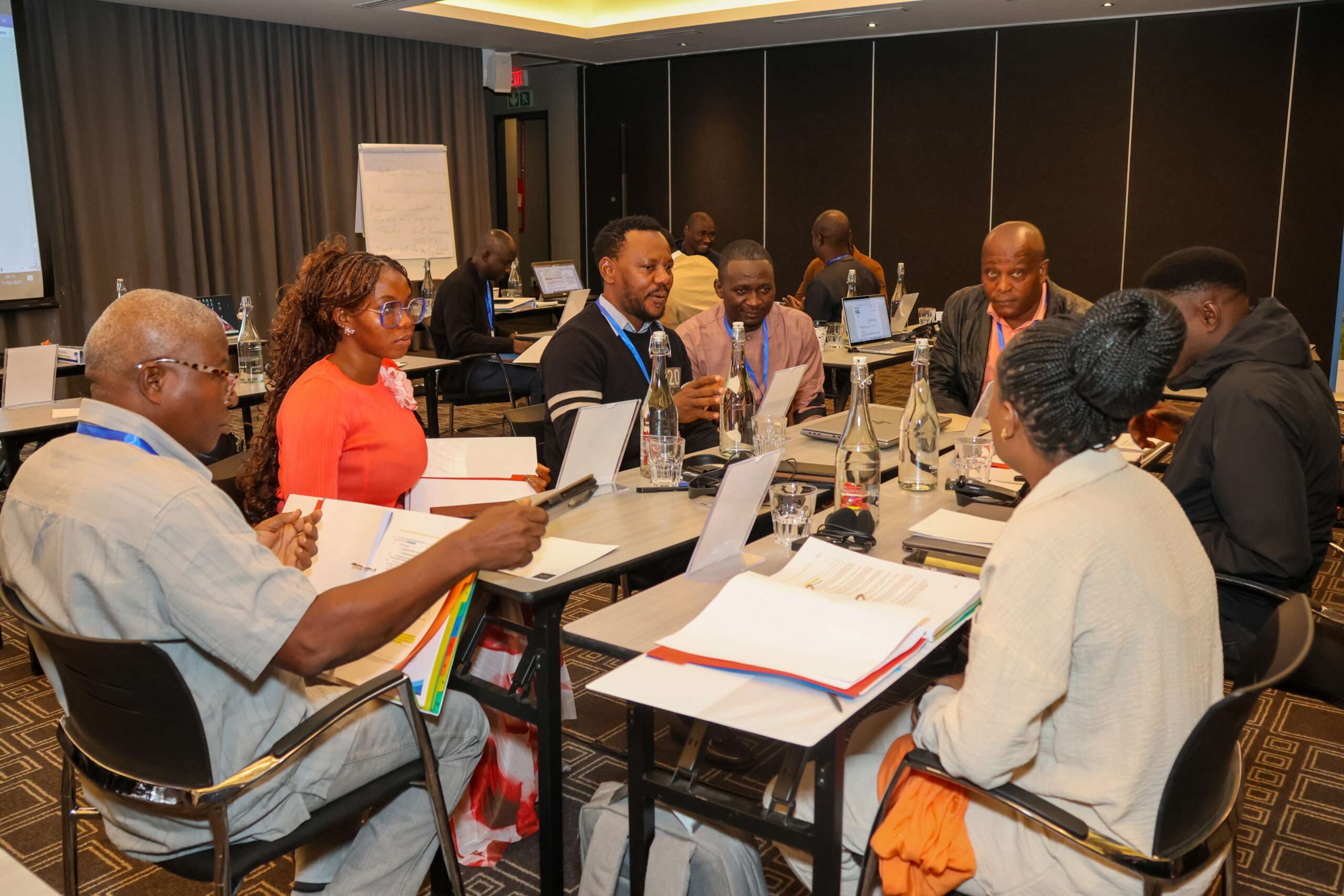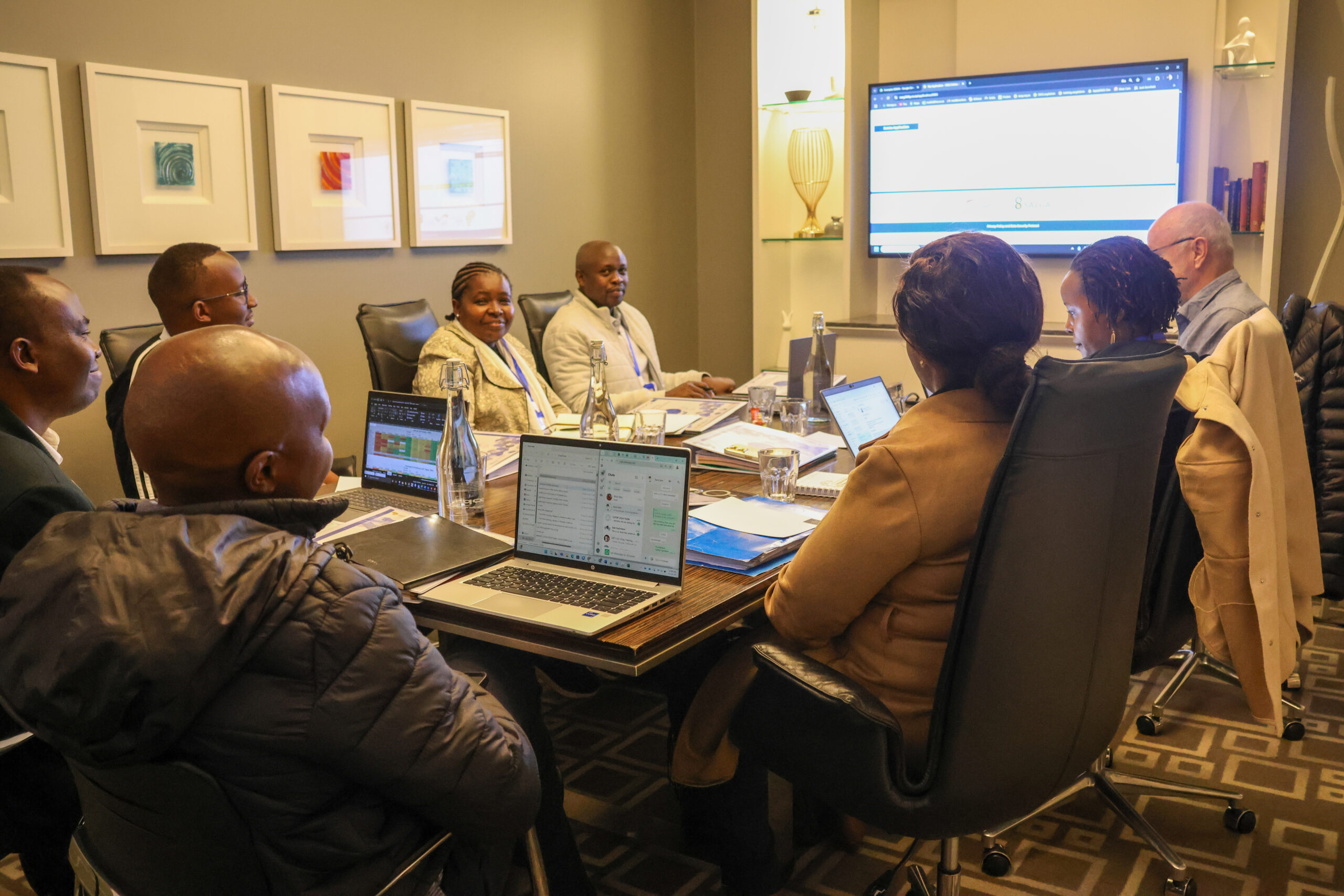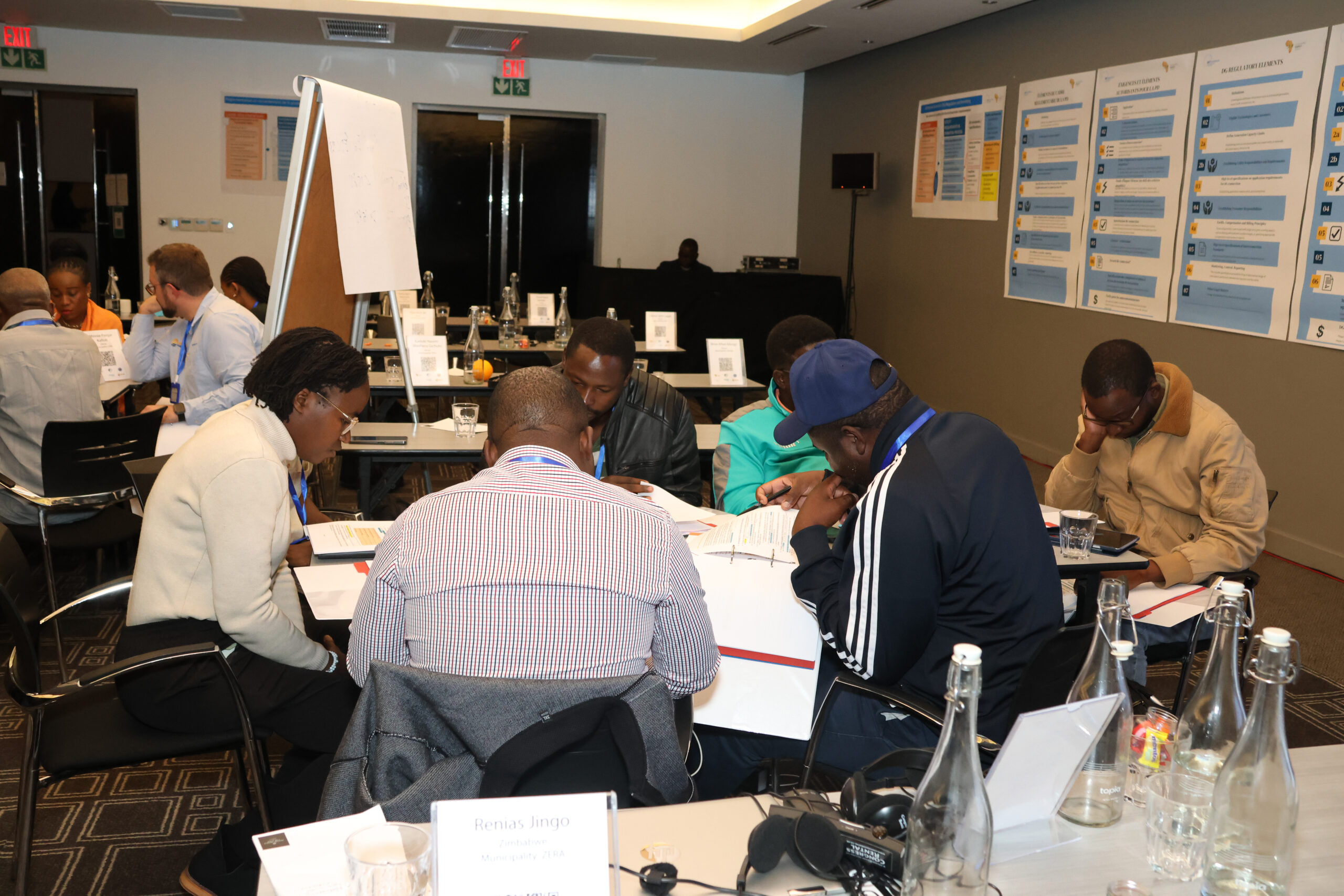In early June 2025, GET.transform welcomed a new cohort of partner countries including Liberia, Senegal, Kenya, Zimbabwe, and The Gambia to its Policy Catalyst Distributed Generation (DG) Window delivered in partnership with Sustainable Energy Africa (SEA), the African Forum for Utility Regulators (AFUR) and the Association of Power Utilities of Africa (APUA). Representatives from energy regulators, utilities, and ministries came together for a regulatory workshop that deepened their understanding of distributed generation, and the key requirements to support its successful rollout.
The week-long training unearthed technical, financial, and legal aspects of DG regulation. Key discussions focused on revenue and tariff implications, including models such as net metering, net billing, and buy-all-sell-all, as well as the impact of customer profiles on utility income and the importance of fair, cost-reflective tariff designs.
Through guided group work, each country developed initial drafts of two essential regulatory tools, namely, the national Regulatory Rules and Utility Requirements Documents, which are crucial for the effective processing and integration of DG into the grid.
Technical readiness was another major focus of the workshop, where participants examined how to conduct grid impact studies and apply simplified connection criteria to ensure small-scale DG systems do not adversely affect the power network. The workshop concluded with a practical session where participants assessed a mock DG application, putting their newly acquired skills into practice.
With the primary goal of customising DG regulatory and permitting templates to national contexts, GET.transform will continue working with this new cohort of countries over the coming months to further refine and adapt the tools to their specific legal frameworks and country realities.
